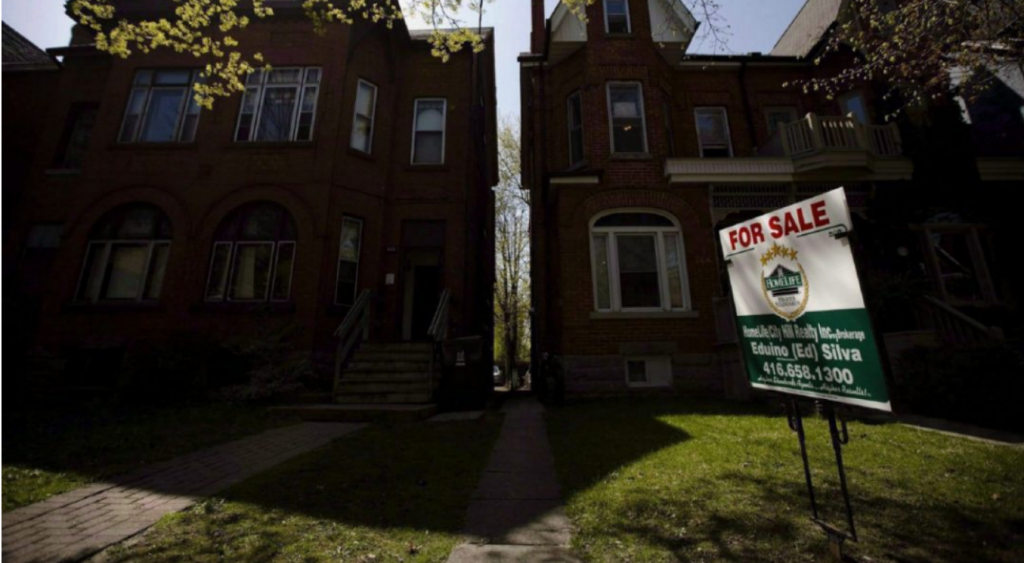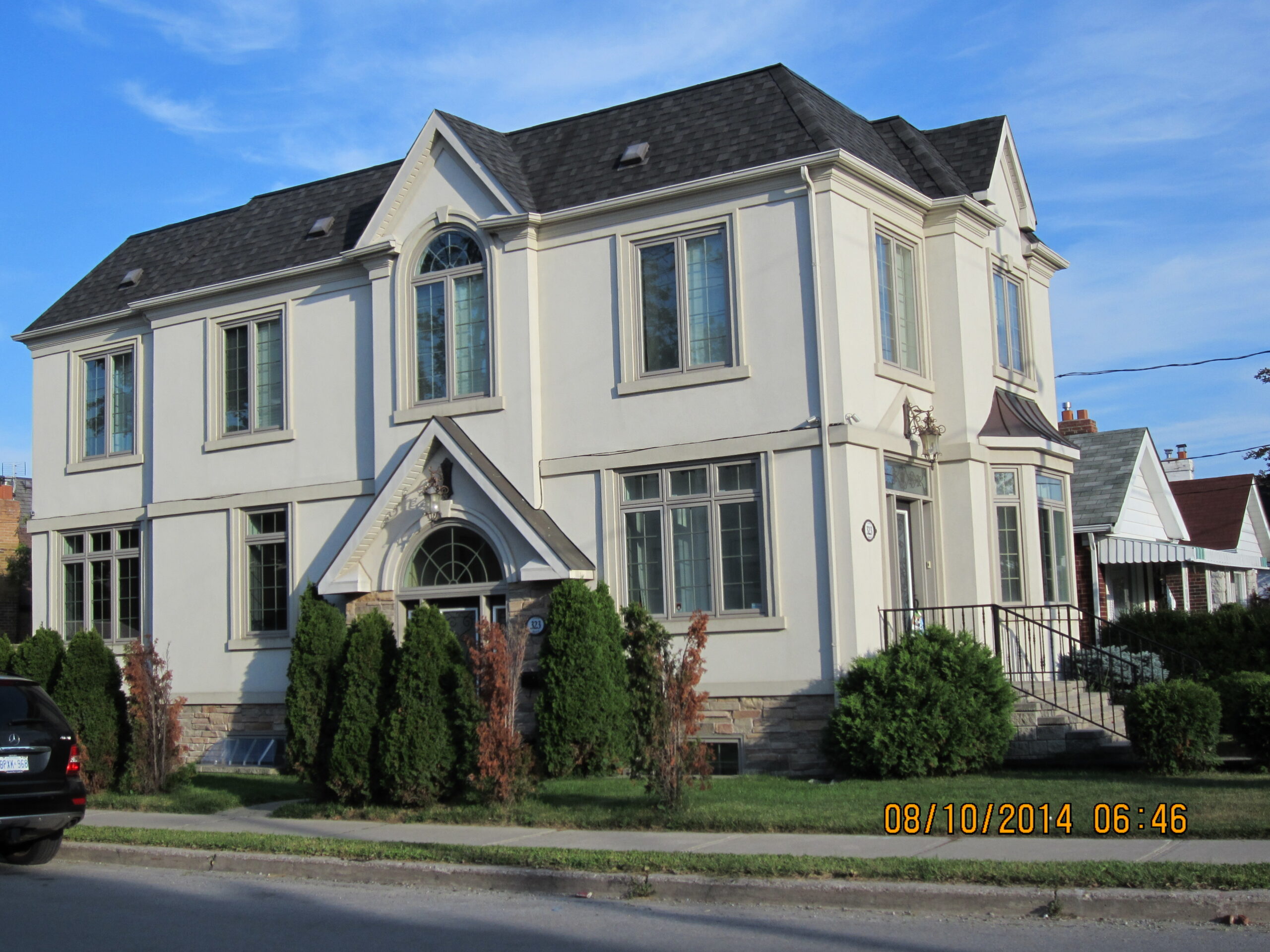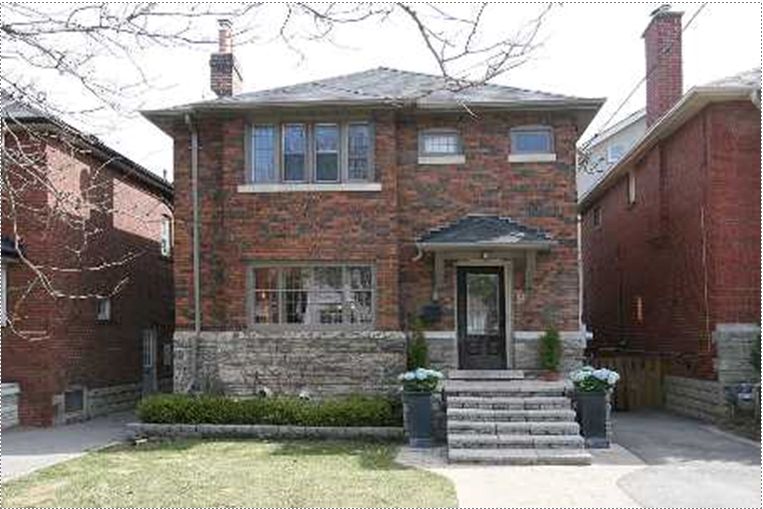Scorching prices in Canada’s top housing markets are unlikely to see declines because the major drivers are beyond the reach of traditional monetary policy, according to Bank of Montreal’s top economists.
“Monetary policy can’t do anything about the inferno,” according to the draft of a report led by Douglas Porter, the bank’s chief economist. “None of the major drivers of Vancouver and Toronto’s housing market are pointing downward.”
Benchmark Canadian home price rose 12.5 per cent in May — the most in nine years, according to the report.
Here’s why:
Demographics
Millennials are entering the housing market, and baby boomers aren’t downsizing.
Jobs
Vancouver and Toronto accounted for all of Canada’s net job growth in the past year, accounting for a one out of four jobs in the nation.
Urbanization
Canada’s economy is shifting away from manufacturing to service-based businesses concentrated in Toronto and Vancouver.
Foreign Money
Proposals to increase minimum down payments on homes will only curb domestic buyers, not foreign investors with excess savings.
Supply
You can build new condos but you can’t create many more detached houses on 50-foot lots.
Calls for intervention to try and tame prices are growing. In the past week, the International Monetary Fund, Organization of Economic Cooperation and Development, and Bank of Canada have all flagged the increasing risk of a potential correction in housing.
The sluggishness of Canada’s resource-dependent economy and a jittery global outlook makes it difficult for the Bank of Canada to raise interest rates. Even if borrowing costs rose, it’s not clear they’d dampen lofty home prices, it said.
“Given the limitations on dealing with many of the lead accelerants, we would recommend that government policy action be aimed at those it can affect — foreign investment, speculation and land restrictions, in that order,” the report said, with particular attention paid to investors who are only seeking a haven to park capital.
Read the full post in Toronto Star









